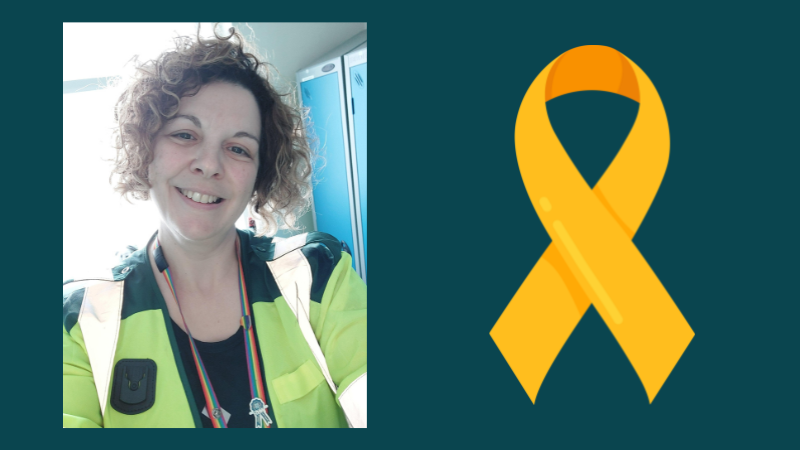
World Suicide Prevention Day is this Saturday, and in the lead up to this national awareness day we have spoken with Dr Rosey Tattersall, Consultant Clinical Psychologist.
“On and around World Suicide Prevention Day we may be experiencing a mass of feelings. Some will have lost people close to them or have a friend or relative who has thought about or tried to take their own life. Some of you may have experienced suicidal thoughts or feelings yourselves.
I was asked in this piece to give some guidance about how you might talk to someone who is feeling suicidal or expressing suicidal thoughts, what might or might not be helpful. It’s never a one size fits all but here are some things you might think about.
- It’s good to talk! Helping someone talk might be the first step to the person getting help. There are lots of professionals who can provide help, but that first conversation can make a huge difference. Mind recommend that you;
- Ask open questions – this allows the person to speak in more detail rather than just give a yes or no answer.
- Give the person time – you may feel anxious to hear what the person has to say but be patient and allow time so the conversation doesn’t feel rushed. Make time to check back in regularly.
- Take the person seriously. Not everyone that talks about suicide will follow through with it, but some do. It’s important that the person knows you are really listening and validate their feelings rather than trying to jump to problem solving straight away.
- Don’t skirt around the issue. Many people still feel the taboo of admitting mental health difficulties. Asking a direct question ‘Are you thinking about suicide?’ can be helpful in giving the person the go-ahead to open up. It can feel scary but research shows that encouraging someone to talk can reduce the likelihood of them acting on feelings rather than making it more likely.
2. Offer emotional support
- Avoid judgement. Although it can feel scary, shocking, and confusing for you it’s important the person does not feel blamed. They have taken a big risk in talking to you.
- Listen and stay calm.
- Try not to make assumptions. It’s important to be clear and not to make assumptions based on your own feelings.
- Whilst it’s important to build trust it’s also crucial that if you feel a person is at risk you encourage them to get further help. You may also need support after the conversation. Never be afraid to ask for guidance.
Take care everyone and remember that one conversation might touch many lives.”